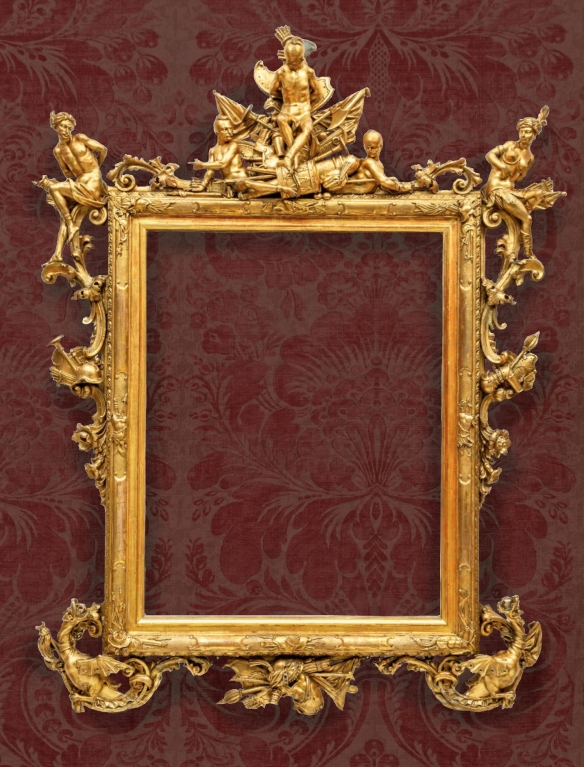Religions, Free Full-Text
Por um escritor misterioso
Descrição
The rubric of the presence of Buddhist sculpture in the absence of an actual deity represents an admirable aspect of Buddhist art, especially sculpture, where the best works have drawn on this paradox in an astounding fashion. An important element in the realization of this religious archetype is the Buddhist statues’ sublime poses. This article demonstrates the Buddhist posture hierarchy, based on a case study of a Tang-Dynasty Chinese Buddhist Bronze collected by the Pulitzer Arts Foundation, the posture of which is identified as lalitāsana: one leg pendant and the other bent horizontally. This article shows how this pose engendered various other compositional situations and postures popular in East Asia icon design and, moreover, that this sculpture might form part of an assemblage, where the pose indicates the central Buddha figure, to which all of the other figures are formally and doctrinally posed following a hierarchy. This article argues that Buddhist figures of different religious ranks are characterized by their pose and degree of movement. This research proves that the myriad forms of Buddhist postures and hierarchy have been devised to illustrate mythologies and philosophical, doctrinal, or social concepts, and their representations, in turn, have engendered other myths and beliefs.
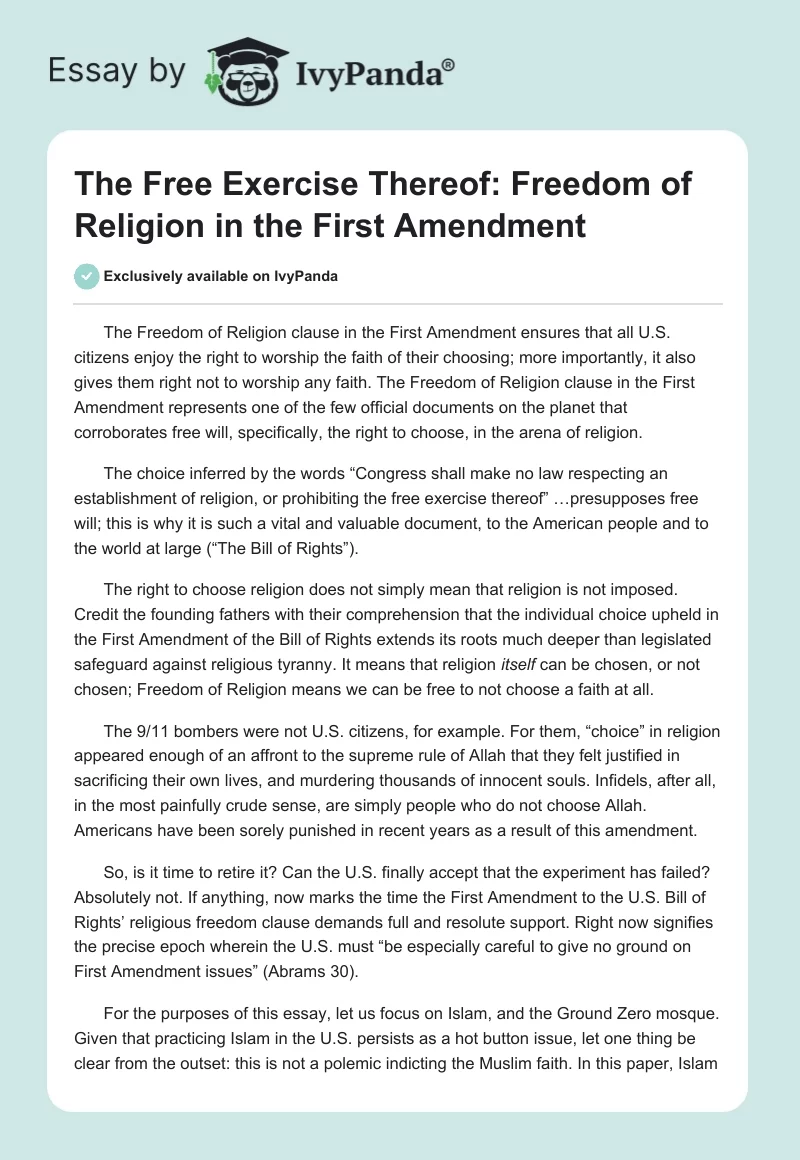
The Free Exercise Thereof: Freedom of Religion in the First
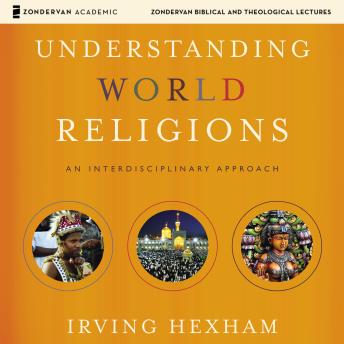
Listen Free to Understanding World Religions: Audio Lectures: An

Religious School - Congregation B'nai Tikvah
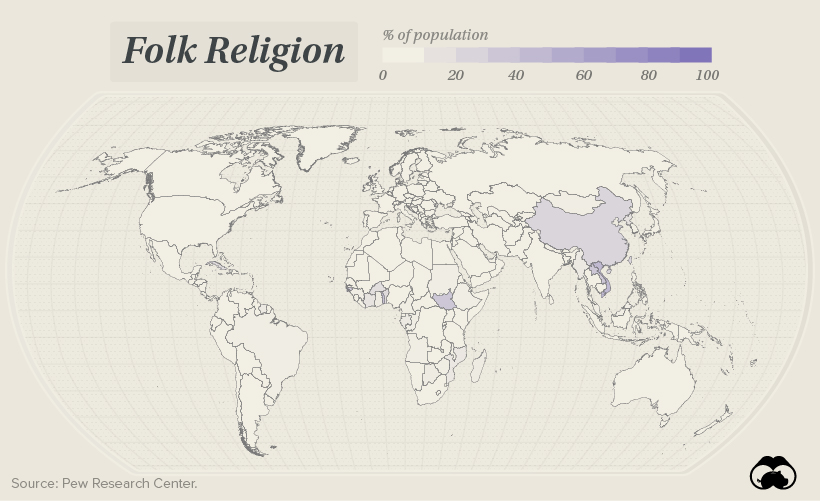
Mapped: The World's Major Religions, by Distribution

Tim Keller: How American Christianity Could Grow Again - The Atlantic

Religions, Free Full-Text
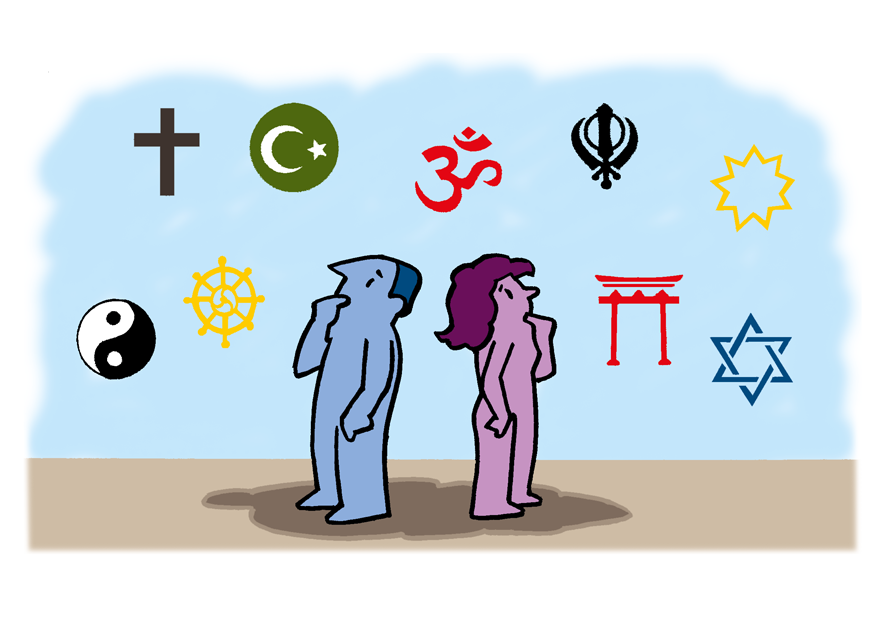
Major religions of the world - Religion - Issues Online

BEA Religion and Media Interest Division

PDF) Religion and the State in Russia and China: Suppression
de
por adulto (o preço varia de acordo com o tamanho do grupo)
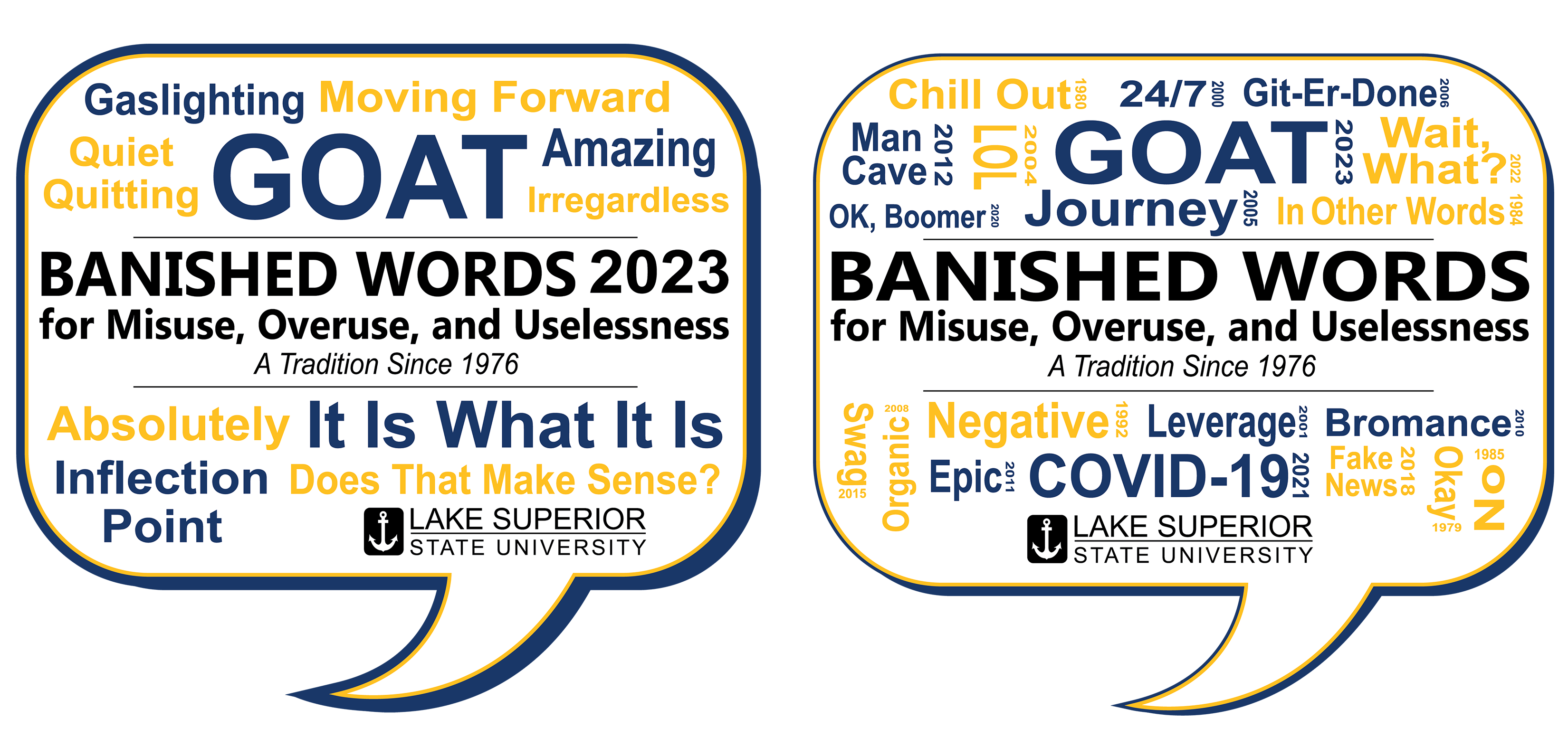
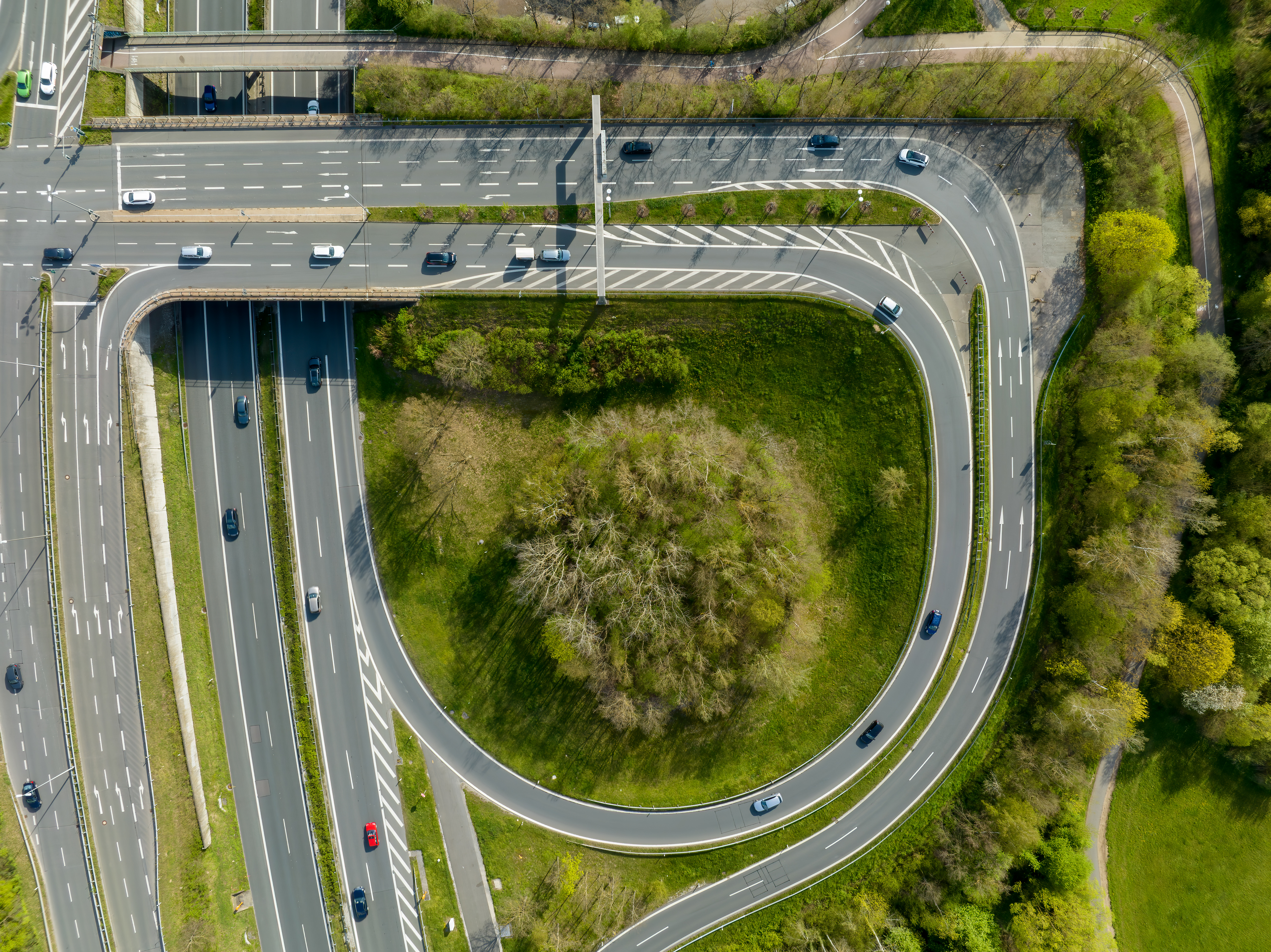

:max_bytes(150000):strip_icc()/concentrated-dark-skinned-copywriter-in-eyewear-typing-text-of-publication-for-web-site-working-on-freelance--serious-afro-american-student-searching-information-for-homework-project-in-network-905545264-d463aa53b8394e05b26cf48f90338028.jpg)



